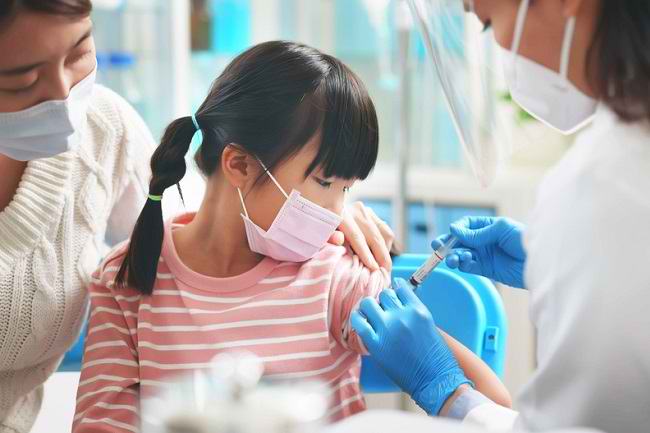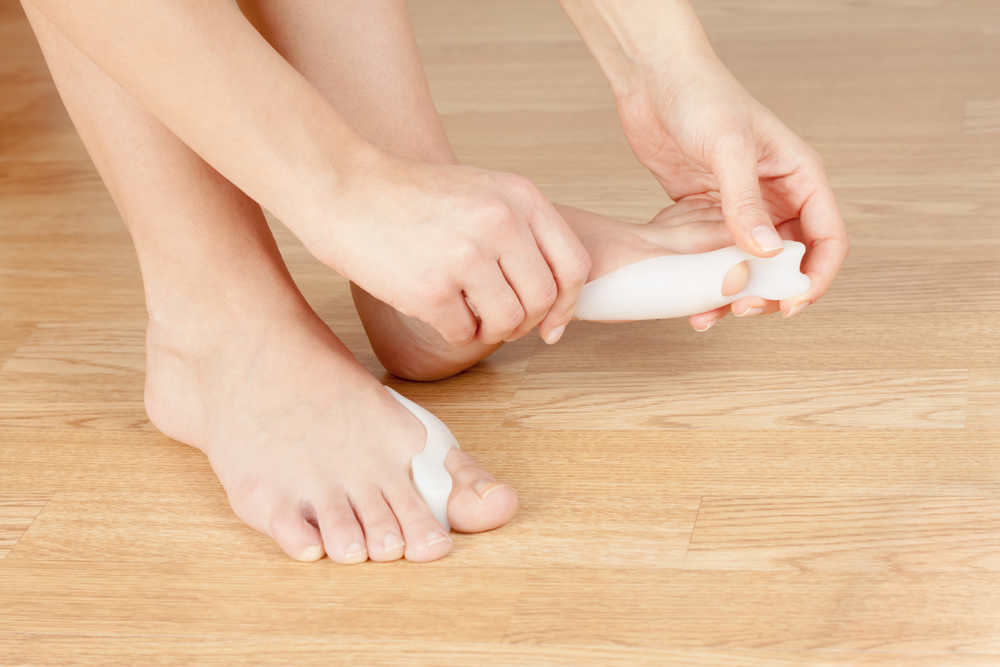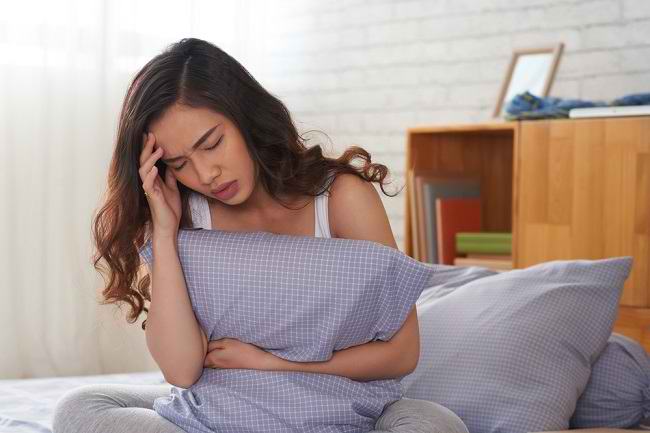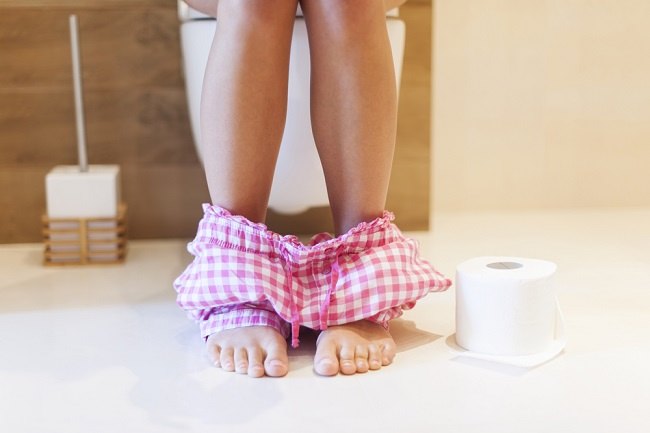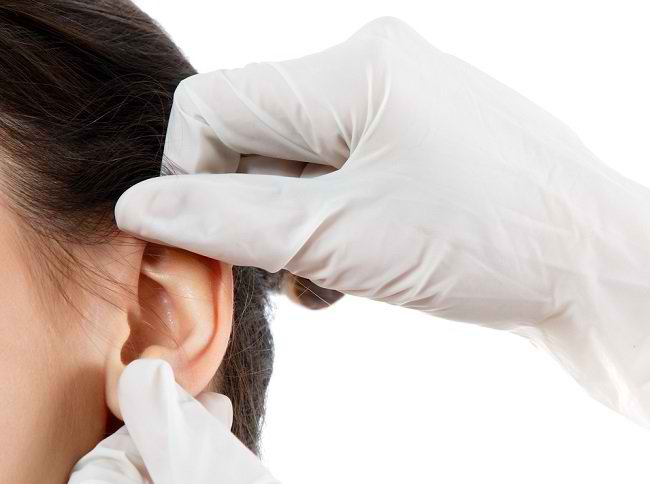Hirsutism is growth of thick hair in women, on body parts that normally grow hair in men, such as on the face (beard), chest, and back. This condition can also be accompanied by several other symptoms, such as a hoarse voice and enlarged muscles.
Hirsutism occurs for the long term, so it's no wonder many women who experience this condition can feel embarrassed, depressed, and even depressed. To deal with it, there are several methods of treatment that can be done, ranging from self-care to the use of certain drugs.

Causes of Hirsutism
Hirsutism occurs due to high levels of androgen hormones in the body or because the body becomes more sensitive to these hormones. Androgens are a group of hormones that regulate male characteristics, such as hair growth in certain parts of the body and changes in voice.
Although better known as the “male hormone”, androgens are also produced in the female body, only in smaller levels. However, androgen hormone levels can be higher than normal if a woman has the following conditions:
- Polycystic ovary syndrome (PCOS), which is a hormonal disorder that causes women to produce too many androgens at childbearing age (puberty)
- Cushing's syndrome, which is a disorder that causes the body to produce too much of the hormone that regulates androgen production
- Acromegaly, which is a condition when the body produces too much growth hormone
- Congenital adrenal hyperplasia, which is a genetic disorder that affects the work of the adrenal glands in producing the hormones cortisol and androgens
- Tumors of the ovaries or adrenal glands
- Taking drugs, such as steroids to increase muscle mass, danazol to treat endometriosis, and fluoxetine to deal with depression
Hirsutism risk factors
Hirsutism can be experienced by every woman. However, hirsutism is more common in women whose family has a history of hirsutism. In addition, women who are overweight or obese are also more at risk of developing this condition.
Symptoms of Hirsutism
The main symptom of hirsutism is the growth of thick hair on the face (mustache or beard), neck, chest, stomach, thighs, lower back, legs, or buttocks. In addition, sufferers can also experience symptoms that arise due to androgen hormone levels that are too high, such as:
- Voice becomes heavy
- Hair loss, very thin, or bald
- Oily skin and acne
- Reduced breast size
- Increase in muscle mass
- Overweight
- Menstruation becomes less frequent (oligomenorrhea) or no menstruation at all (amenorrhea)
When to go to the doctor
Check with your doctor if you experience symptoms in the form of hair growth on body parts that are generally only found in men. Early examination is needed to determine the underlying cause, as well as to determine the most appropriate treatment.
Diagnosis of Hirsutism
To diagnose hirsutism, the doctor will ask questions about the symptoms or complaints experienced by the patient, the patient's menstrual history, past medical history, family medical history, and medications that the patient may be taking.
Next, the doctor will perform a physical examination, such as observing the body parts that are covered with hair and seeing the growth of acne on the face. To confirm the diagnosis, the doctor will also perform several follow-up examinations, such as:
- Blood test, to measure androgen hormone levels in the patient's body and measure blood sugar levels
- Ultrasound or CT scan, to check for the possibility of cysts or tumors that cause abnormal hormone levels
Hirsutism Treatment
Treatment for hirsutism is based on the underlying cause, as well as how much hair is growing. Some of the treatment options are:
Drugs
Several types of drugs can be used to treat hirsutism, but usually the results are only seen after 6 months of use. Drugs that can be used include:
- Antiandrogen drugs, such as spironolactone, to decrease androgen production by preventing androgens from attaching to their receptors in the body
- Birth control pills, to lower androgen levels and smooth the menstrual cycle for women whose menstrual cycles are irregular or even not menstruating at all
- Creameflornithine, to inhibit hair growth
Medical procedures and therapy
In addition to drugs, there are two types of treatment that can also remove hair for a long time, namely:
- Laser therapy, which is the use of laser light to damage hair follicles (where hair grows) and prevent hair from growing back
- Electrolysis, which is the use of electricity through small needles to damage hair follicles and inhibit hair growth
Home care
To temporarily remove or reduce hair growth, there are several treatments that patients can do at home, namely:
- Pull out hair using tweezers, if the hair that grows is not too much
- Shaving hair regularly to remove hair on the skin surface
- Do waxing, if more hair growth
- Coloring hair according to skin color, to disguise hair color so that hair growth is not too visible
- Using depilatory agents in the form of creams, lotions, or gels, for hair loss
Hirsutism Complications
If left untreated, hirsutism can lead to embarrassment, stress, and even depression, for having hair on body parts that women generally don't have.
In addition, hirsutism can also cause complications if the underlying cause is not treated properly. For example, PCOS can inhibit fertility in women (infertility).
Hirsutism Prevention
Hirsutism is difficult to prevent. However, the risk of developing hirsutism can be reduced by making healthy lifestyle changes, such as:
- Maintain ideal body weight
- Doing exercise regularly
- Eat a balanced diet

